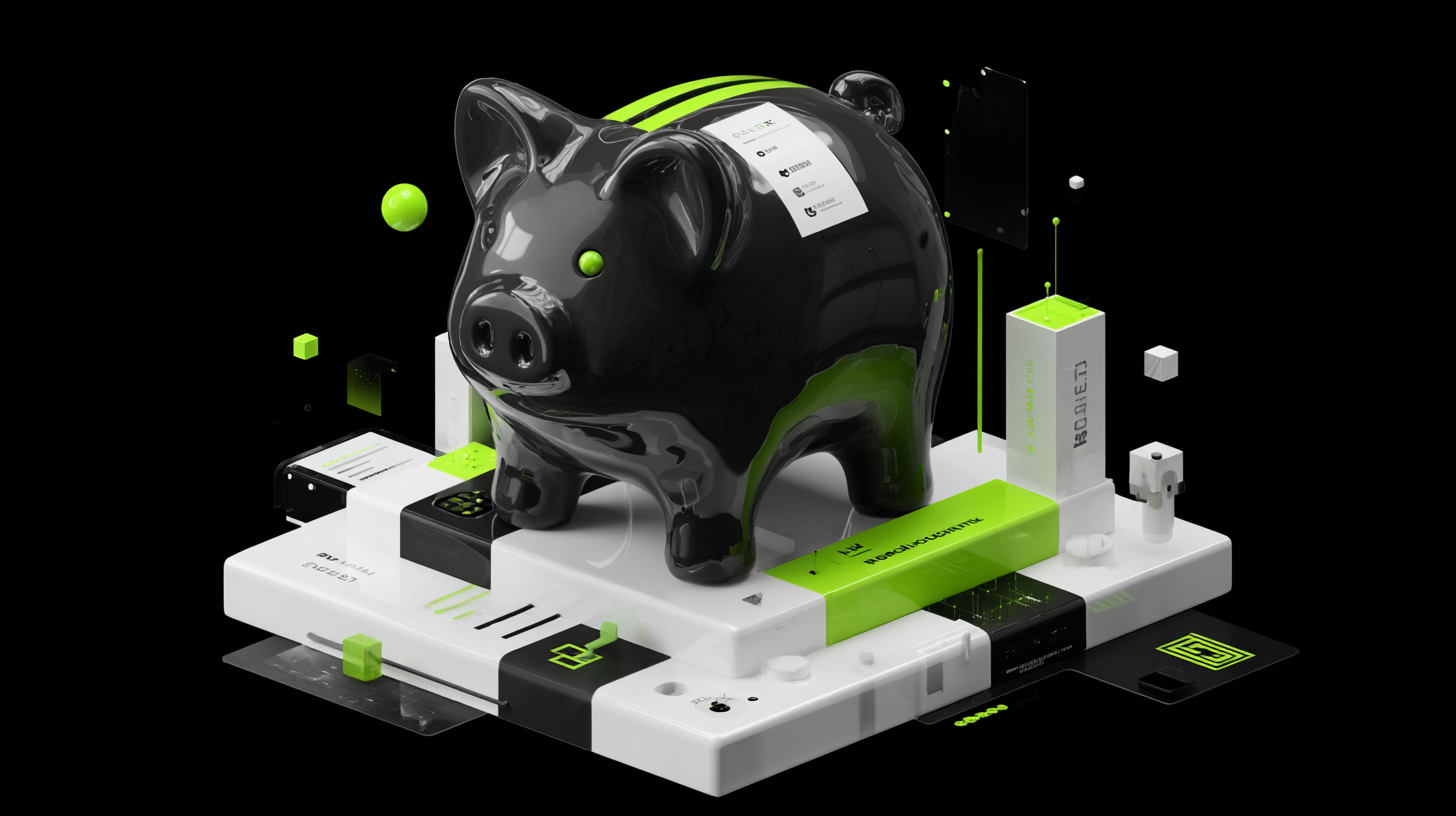Introduction: It’s a great report for us here at Kong, and it further validates the changes happening in the larger market
The 2025 Gartner Magic Quadrant for API Management report was a great one for us here at Kong. We continue to move “up and to the right,” we remained in the “Leader” quadrant for the sixth year in a row, and we held our position as the “farthest right” on the “Completeness of vision” axis, with specific strengths called out around product innovation, market responsiveness, and marketing execution.
All of this is great, and we are very appreciative of Gartner for the collaboration and recognition.
That said — as you’ll learn at API Summit this year — we are shifting our view to future horizons. And those horizons are 100% focused on ensuring AI success for our customers. And, if you read between the lines of this year’s Magic Quadrant report, you might see why.
Let’s dig in.
Looking at our strengths and what they mean for the future of Kong (and Kong customers)
If you look at the report, you can see several major shifts. Newer vendors are emerging, legacy vendors are falling behind, and — most interesting to us — it seems that there is a convergence between two product categories happening.
That convergence? The moving closer and closer together of API Management and Integration. And it’s all being driven by AI. And we couldn’t be more excited about it.
Why would Kong be excited? Doesn’t this point towards IPaaS?
Here is another topic that we have a strong opinion on: IPaaS is dying. And it will be the next wave of integration that kills it. You can even read from our own SVP of Product, Reza Shaffi as to why we think this. And, keep in mind, Reza was an early product leader at Mulesoft, so he knows this space inside and out.
In fact, we are so convinced that the old way of Integration is dying that we are proposing new terminology entirely. “Integration” just sounds so old school and so brittle-connector-ridden; we think forward-looking organizations need a forward-looking name for this new kind of technology and program.
We call it AI connectivity.
AI connectivity — we believe — is what Gartner is actually hinting at when you read their report, specifically the areas about Kong. What are the strengths that they call out? They call out our innovation and market responsiveness — particularly around our industry-leading LLM, MCP, and event streaming support.
What are LLMs, MCP, event streaming? Well, along with APIs, these resources are the fuel or food that needs connecting to the application, whether it's an AI coding assistant, an Agent, a web application, or any other kind of app.
This is why we have focused so much over the last few years on developing a true multi-runtime, multi-protocol, and multi-cloud offering. And it’s why we’ll be unveiling our brand new AI connectivity line of solutions at API Summit.
Because we know that — no matter what the apps end up being, no matter what they end up consuming, and no matter what cloud or on-prem environment those resources live in — the enterprise needs a proper AI Connectivity platform to give them the confidence that they can connect their AI-critical resources with AI-critical applications.
AI is the future of business success. And Kong is pioneering the future of AI connectivity that organizations will need to get there.
Why is this convergence happening?
When you look at the “AI and API landscape,” there are two fundamental questions that the market, various thought leaders, and vendors find themselves debating and attempting to answer:
- What are these new AI systems going to be? How are they going to be built, and what role will they play in our day-to-day lives? Will AI truly deliver on fully autonomous agents? Or will it just be advanced automation and LLM-assisted workflows?
- What will these new AI systems need to consume to fuel their daily tasks and operations? Will AI actually mean more APIs (i.e., the API will be the fuel), or will emerging standards like MCP replace what we have historically thought to be “APIs?”
At Kong, we’ve watched these debates rage. And we’ve taken part in them, sharing our own opinions around how the API will continue to grow in importance — even if changing in style and structure — as the main interface layer for AI.
That said, our product strategy — and our customers — don’t have to worry about the details on either side here.
As we’ve mentioned already, regardless of how those two above questions get answered, there is one tried and true, consistent problem that any business can be sure that they will need to solve for:
Integrating (insert whatever kind of AI) applications with (insert whatever kind of fuel type) resources that they need to accomplish their tasks.
This is why we see this convergence. AI success will fundamentally become an integration and connectivity problem — regardless of the kinds of applications or the kinds of fuel.
And we couldn’t be more thrilled, as this is a major validation of our own product strategy and vision here at Kong.
Join us at Summit to learn more
At Kong, we’ve always been about more than just API Management. When legacy vendors were talking about APIM basics, we pushed cloud-native and Kubernetes-native APIM, and we helped break the world’s monoliths into microservices. But now–along with our customers–we are taking the next steps forward.
We are becoming the API and AI Connectivity platform. And Kong customers will be the AI innovators — and leaders — of their spaces.
I can’t share any more details here, but I can say that if you’re interested, you should join us at API Summit, live and in-person or virtual on demand, to learn more.








